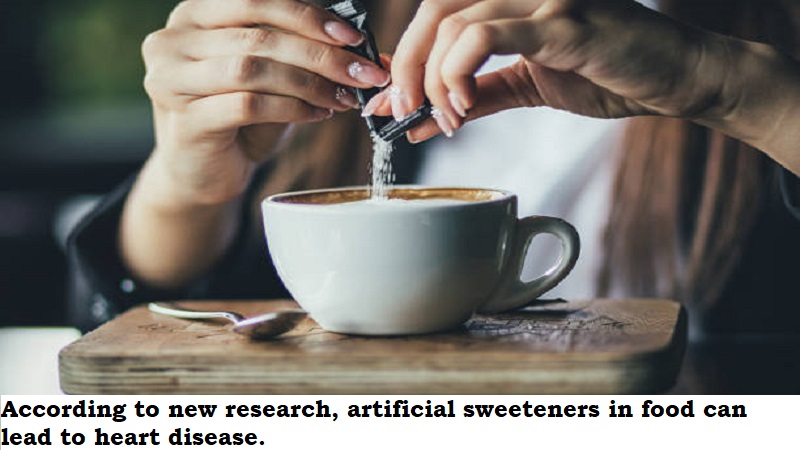
Artificial sweeteners are present in many foods, including protein shakes, so even people who don’t add them to their tea and coffee can be unknowingly eating them.
Researchers at the French INSERM institute examined information from more than 100,000 adults in France who self-reported their food, lifestyle, and medical history between 2009 and 2021 as part of the NutriNet-Sante project in order to evaluate the risk of heart disease associated with sweets.
An average of 42 milligrammes of artificial sweetener was eaten daily by the participants, or about one packet of sweetener or a third of a can of diet soda, by close to 37% of the participants. 1,502 heart issues, including as heart attacks, angina, and strokes, were noted over the nine-year follow-up period.
According to the study, which was written up in the journal BMJ, 346 out of every 100,000 persons who eat a lot of sugar have heart disease, as opposed to 314 out of every 100,000 people who don’t.
There is no unanimous agreement on whether non-sugar sweeteners are useful for long-term weight loss or maintenance, or if they are linked to other long-term health impacts, according to a World Health Organization report from April.
Another study that used Nutri-Net data and was released earlier this year discovered a connection between cancer and sweeteners such aspartame, acesulfame potassium, and sucralose.
However such observational studies have come under increased criticism because they cannot establish the cause of the differences they find, which could come from other sources.

Post Your Comments